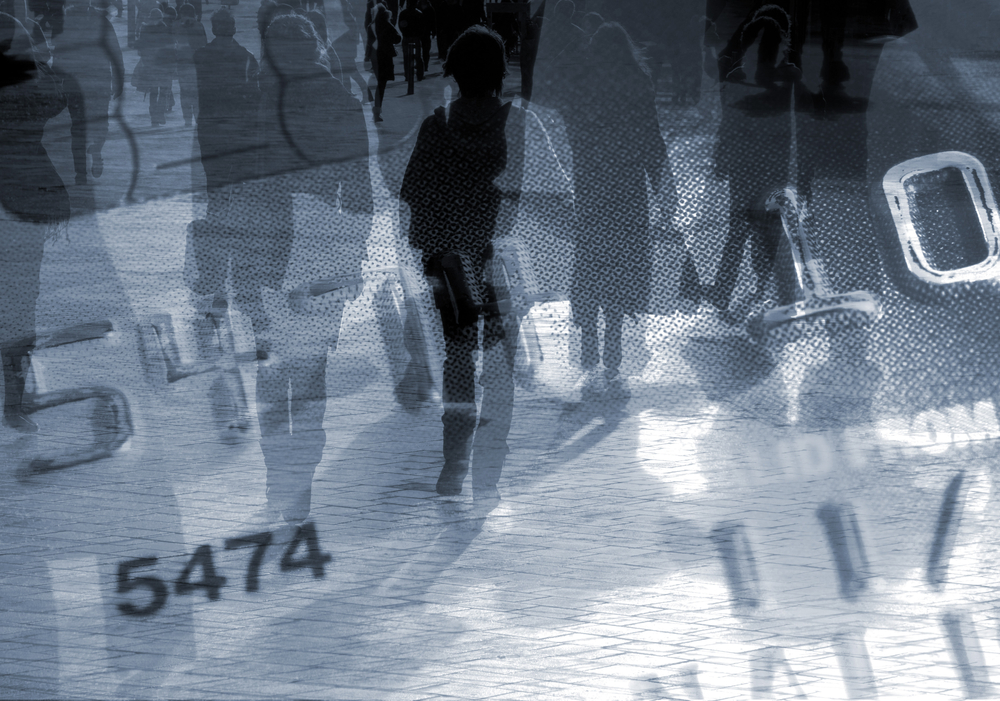·
Today, a little more seriously. The pandemic topic has been dominating Polish media for several months now, the vast changes, aimed at flattening the curve, that dramatically shifted the functioning of society have been introduced two months ago, and now everyone is talking about “ending the pandemic” … But do you feel the symptoms of the general affective disorder? Fatigue? Trouble sleeping? Lack of concentration? Depression? Anxiety?
Well. If you do, you are not alone. A report has just been published, prepared by a team of Polish psychologists led by dr hab. Małgorzata Gambin and dr. Marcin Sękowski, titled “Determinants of depression symptoms and generalized anxiety in adult Poles during the Covid-19 epidemic ” link. The study was carried out on a representative sample of 1,179 adult Poles between May 4 and May 8 using standardized psychological tools. The results quantify what we have sensed for some time (and what we wrote about): the state of the epidemic generates emotional costs not so much associated with a permanent fear of infection, but as a result of countermeasures and social distancing. It’s just that not everyone feels the same. A significant differentiating variable is age.
•Among young Poles (18-34), the risk group for the severity of depressive symptoms relative to the period before the pandemic doubled (although the researchers themselves write about the “heuristic result” because it includes data from two research – cited above and previous one, conducted differently, before the epidemic )
•STUDENTS AND STUDENTS (aged 18-24) exhibit the highest level of depression and generalized anxiety during a pandemic, and among those (more at risk after all!) aged 55+ the level are the LOWEST. Researchers write that they do not have studies that indicate such a correlation before a pandemic.
•The highest percentage of manifested suicidal and self-aggressive thoughts among the youngest subjects is also consistent with the study’s results.
•Researchers write directly: “In young people (18-24 years), the severity of anxiety and depression symptoms is not linked with a sense of threat to health or life of their own and loved ones, but is positively correlated with FREEDOM RESTRICTIONS, BOREDOM, DIFFICULT RELATIONSHIPS IN THE FAMILY, LONELINESS, FATIGUE FROM CURRENT SITUATION AND LACK OF PRIVACY. „
•Psychologists note the consistency of this data with research conducted in China, among others.
Let’s pause for a moment to think about these results and their meanings. Every parent recognizes that the prolonged school closure has a huge impact on children. We would also like to remind you that at the height of restrictions, people under the age of 18 could leave the house only under adult supervision. However, the report makes you ask fearfully: what happens now? What about holidays? What with schools in September? As a society, have we noticed that we are about to face a new epidemic? Do we have plans and countermeasures to fight it?
We, marketers, of course, operate in a completely different reality, dealing with daily demand stimulation – but it is necessary to take into account the above results in activities directed at younger target groups. There is not much research on the impact of depression on consumer behaviour (it seems, for example, that a low level of depression stimulates hedonistic shopping, source: https://www.researchgate.net/publication/322821746_Hedonic_Consumption_and_Depressed_Mood_How_Does_Depression_Influence_Consumer_Behavior , but it is not the point. We shoulder the burden of moral obligation: delicacy, tact and sensitivity in commissioning and creating such communication. This is not a task for marketing data and charts. This is a test for our empathy.
Finally, a ray of sunshine from these studies: does something protect against depression? Well: husband or wife. Lower intensity of depression and generalized anxiety symptoms was observed among people IN THE MARRIAGE UNION – compared to both singles and people in informal relationships. People with higher education and higher incomes are also doing better. The formula for passing through a pandemic in good mental condition (so far) is: MASTER DEGREE + WEDDING + PLN.
The study is to be longitudinal – psychologists announce the publication of the next waves of the study soon.

